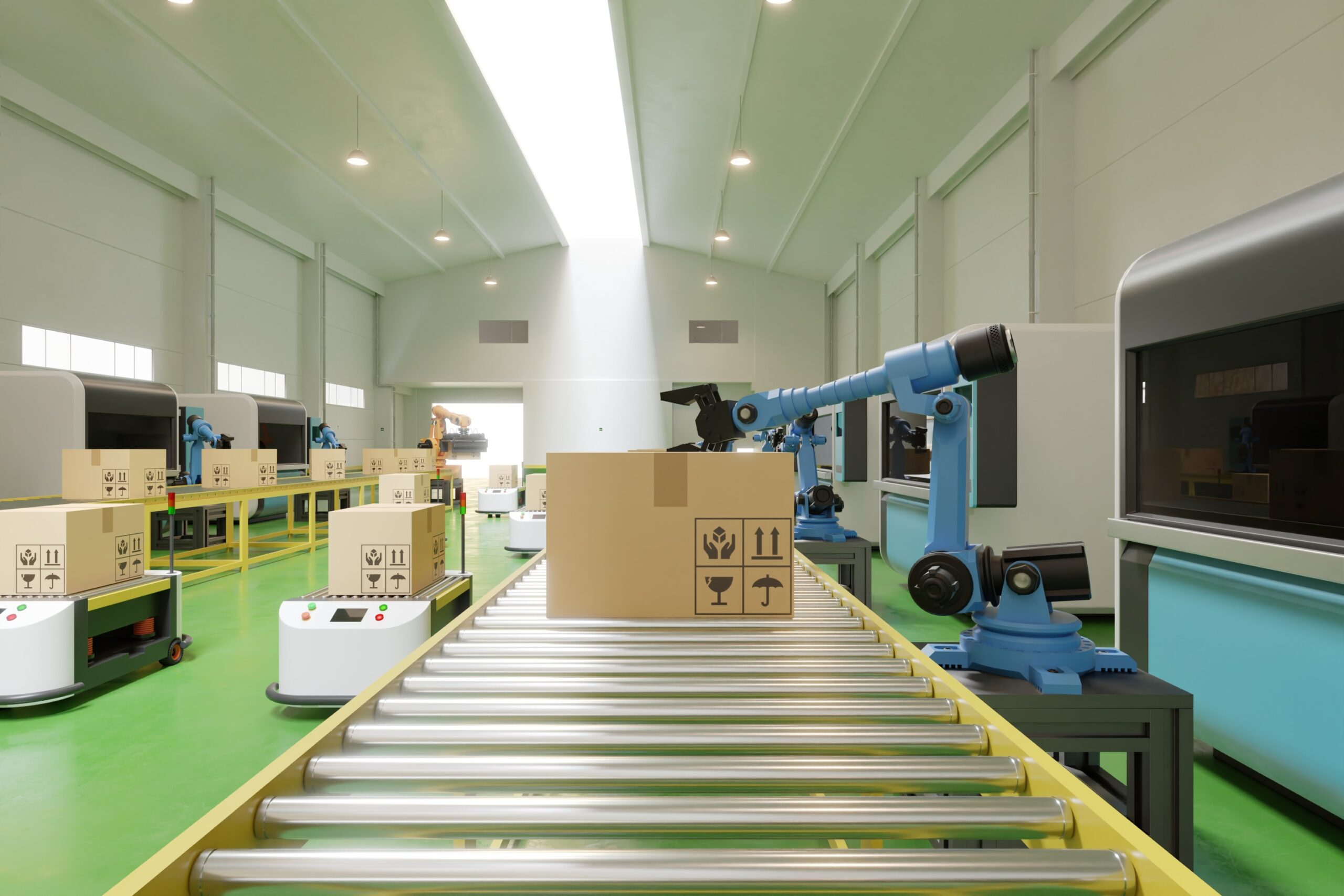Internet of things (IoT) along with industrial automation is proving to be a game-changer for the industrial sector. From smart factories to supply chains, enterprises, and manufacturing companies are now using technologies like IoT, AI, robotics, edge computing, and the cloud to make things more efficient and informed. The introduction of Industrial IoT and automation has helped change the way how manufacturing processes are carried out including product delivery, collecting data, enhancing operational efficiency along maintaining product quality.
In this blog post, let’s go through the state of the IoT and automation in manufacturing:
Industrial Internet of Things
IIoT has completely transformed manufacturing and today companies who are looking for competitive advantage are certainly implementing IIoT as it impacts everything right from maintenance to employee workflows, supplier logistics, and product delivery. IIoT also known as industrial internet or Industry 4.0, is basically the use of smart sensors and devices to enhance industrial processes.
By 2025, the global industrial IoT market is expected to reach 934 billion dollars.
Benefits of IIoT:
1) Increase Efficiency:IIoT solutions provide industries with the ability to remotely monitor operations, automate, and make data-driven decisions, thus enhancing operational efficiency. Connecting manufacturing devices and aggregating data help manufacturers conserve resources, increase profits, reduce overhead, and optimize operational efficiencies.
2) Reduce Errors: As industrial IoT digitizes most of the processes, it, in turn, reduces manual errors and other risks associated with human-made mistakes. IoT acts as a handy tool that can be used to improve systems, processes & thus, maximize opportunities.
3) Predictive Maintenance: Implementing industrial IoT solutions can consistently monitor the functions and performance of industrial assets. Such predictive maintenance data can empower the industries with real-time information that will enable them to resolve pre-emptively any issues.
4) Improve Safety:IIoT solutions integrated with existing industrial systems provide enhanced safety by real-time monitoring and device controls to help improve workplace safety. Wearables can also be used with the connected systems which can be used in industrial IoT operations to instantly alert the employees at the time of any dangerous situations.
5) Reduce Cost: In the manufacturing industry, IoT seems to be very cost-effective as it lowers overall maintenance costs using predictive maintenance, increases employee safety, enhances communication and collaboration between teams as well as offers insights for future changes and opportunities.
Industrial Automation in Manufacturing
Automation of industries to perform certain operations with the use of robots, control systems, and computers are known as industrial automation. According to stats, the global industrial automation market is expected to reach around 297 billion dollars by 2026. By utilizing industrial automation tools, manufacturing industries can increase machine functions at a faster and more precise rate.
Advantages of Industrial automation:
- Increased productivity
- Better quality and control over systems
- Equipment Monitoring
- Production Traceability
- Better Working Conditions and Value-Addition
- Accurate data integration and connectivity
Closing Thoughts:
Given the unprecedented pandemic situation, tech-driven innovations like IIoT and industrial automation certainly help industries to navigate through a series of crises, thus ensuring, increased flexibility and business continuity.
Sterison, a technology services company focuses on delivering IoT applications, connected products, wearable IoT device development, etc., for all industries that can help you bridge the gap between your business and your IT-driven goals.






